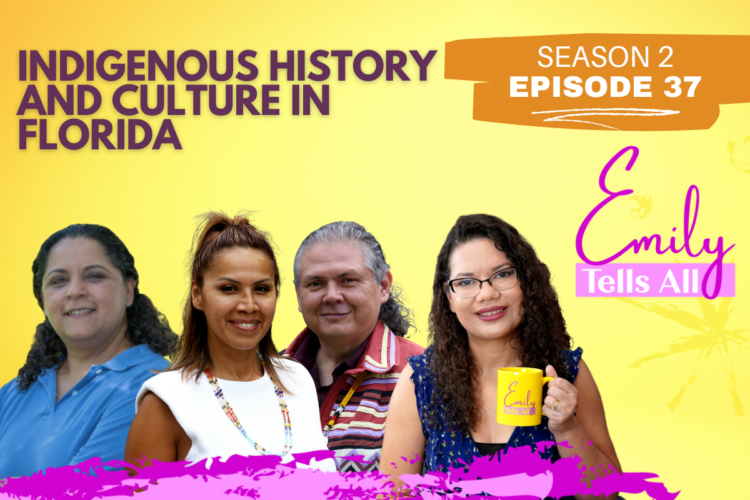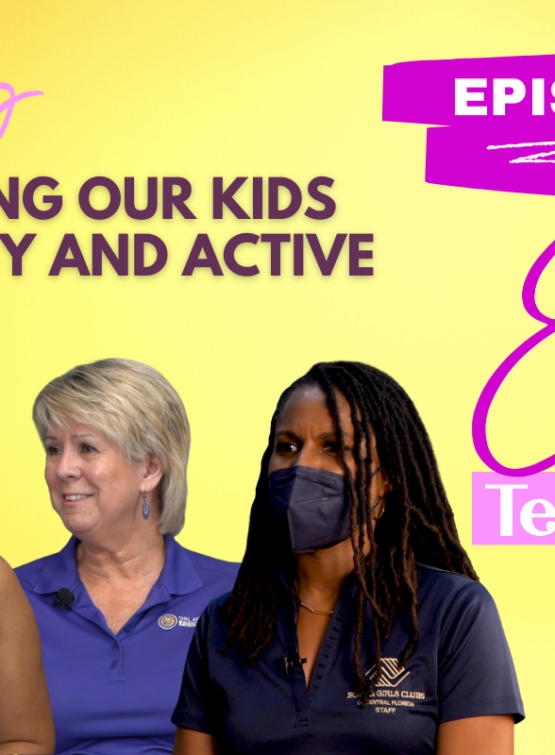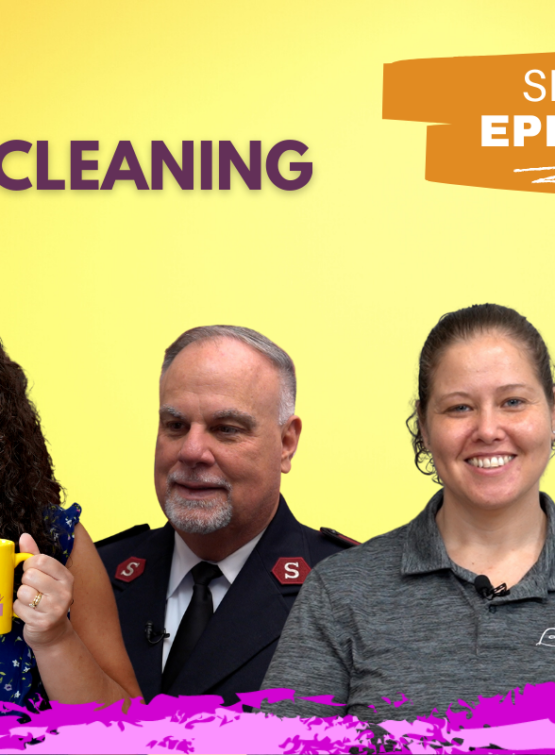AIR DATE SEPTEMBER 15, 2022
Title: Indigenous Culture & History in Florida
Learn about the history of indigenous groups in Florida and how communities keep the culture alive today.
Guests and Locations
Ah-Tah-Thi-Ki Museum, Director & Assistant Director – Gordon O. Wareham & Marcella Billie
Randell Research Center, Operations Manager – Annisa Karim
Florida’s History Unlocks Magical Opportunities for Us Today
A common phrase we hear is that “those who don’t learn from history are doomed to repeat it.” When we look at Florida’s unique culture, an indigenous perspective needs to be part of our conversations about who we are.
I recently spoke with Gordon Wareham and Marcella Billie. They respectively serve as Director and Assistant Director of the Ah-Tah-Thi-Ki Museum on the Big Cypress Seminole Reservation in Clewiston.
“I feel like it’s our responsibility to tell our reshaping of narrative, and I feel like that’s going to help our communities to better identify with themselves,” said Billie. “I think we’re in a unique position to do that, and it’s a very fulfilling position to do it for ourselves and our community.”
“The word ‘ah-tah-thi-ki’ in our language means a place to learn, a place to remember,” added Wareham. “So, that’s why that word was chosen to represent the museum.”
Indigenous People Had Complex Communities Like Ours Today
I also spoke with Annisa Karim, who serves as the operations manager for the Florida Museum of Natural History’s Randell Research Center (RRC). Her work focuses on the Calusa people.
“While the Great Pyramids were being built, the Calusa were here and they’re interesting because they turned on its side what we thought about indigenous people,” Karim said. “I think that… we always learned that for a society to be complex, they had to be agrarian. They had to plant crops for food.”
When the Spanish encountered them in Florida, they built a system of hunting, fishing, and gathering with engineered canals more than an agricultural system, which is why archeologists are interested in knowing more about these people.
Karim says that the Calusa people had defined roles as we do in our society today. “There were people that made their nets, people that made hooks, people that helped with ceremonies for their religious purposes and then there were people that basically were leaders in their community, helping their communities to thrive.”
Being Proactive with Learning Helps Us See Who We Are
One of the biggest challenges in creating museums that honor indigenous cultures is a lack of overall respect for history’s narrative. “During the Seminole Wars, our ancestors were collected after the battle, and they were brought into museums,” said Karim. “They were seen as collections. When they do sites for homes, or sites for a new project, sometimes they come upon a burial site.
“Instead of leaving them, they’d dig up the remains, put them in boxes, and place them in museums. “Those are the ones that fought for us to be here,” said Karim.
The Ah-Tha-Thi-Ki Museum is a place to learn and remember. Several events and programs are held throughout the year. More information is available at https://www.ahtahthiki.com.
RRC’s motto is, “As we learn, we teach.” Visitors can walk the Calusa Heritage Trail on Pine Island to explore nearly 67 acres of archaeological work that sits far back from the mangroves. More information about Karim’s work is found at https://www.floridamuseum.ufl.edu/rrc/.



